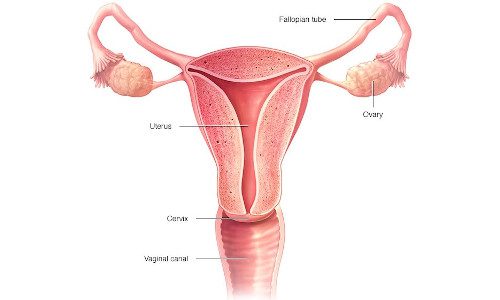Cervical Cancer Treatment
Cervical cancer treatment depends on several factors, such as the stage of cancer, other health problems you may have, and your preferences. Surgery, radiation, chemotherapy or a combination of the three may be used.
Surgery
Early-stage cervical cancer is typically treated with surgery. Which operation is best for you will depend on the size of your cancer, its stage and whether you would like to consider becoming pregnant in the future.
Options might include:
- Surgery to cut away the cancer only. For a very small cervical cancer, it might be possible to remove the cancer entirely with a cone biopsy. This procedure involves cutting away a cone-shaped piece of cervical tissue, but leaving the rest of the cervix intact. This option may make it possible for you to consider becoming pregnant in the future.
- Surgery to remove the cervix (trachelectomy). Early-stage cervical cancer might be treated with a radical trachelectomy procedure, which removes the cervix and some surrounding tissue. The uterus remains after this procedure, so it may be possible to become pregnant, if you choose.
- Surgery to remove the cervix and uterus (hysterectomy). Most early-stage cervical cancers are treated with a radical hysterectomy operation, which involves removing the cervix, uterus, part of the vagina and nearby lymph nodes. A hysterectomy can cure early-stage cervical cancer and prevent recurrence. But removing the uterus makes it impossible to become pregnant.
Chemotherapy
Chemotherapy is a drug treatment that uses chemicals to kill cancer cells. It can be given through a vein or taken in pill form. Sometimes both methods are used.
For locally advanced cervical cancer, low doses of chemotherapy are often combined with radiation therapy, since chemotherapy may enhance the effects of the radiation. Higher doses of chemotherapy might be recommended to help control symptoms of very advanced cancer.
Targeted therapy
Targeted drug treatments focus on specific weaknesses present within cancer cells. By blocking these weaknesses, targeted drug treatments can cause cancer cells to die. Targeted drug therapy is usually combined with chemotherapy. It might be an option for advanced cervical cancer.
Immunotherapy
Immunotherapy is a drug treatment that helps your immune system to fight cancer. Your body’s disease-fighting immune system might not attack cancer because the cancer cells produce proteins that make them undetectable by the immune system cells. Immunotherapy works by interfering with that process. For cervical cancer, immunotherapy might be considered when the cancer is advanced and other treatments aren’t working.
Supportive (palliative) care
Palliative care is specialized medical care that focuses on providing relief from pain and other symptoms of a serious illness. Palliative care specialists work with you, your family and your other doctors to provide an extra layer of support that complements your ongoing care.
When palliative care is used along with all of the other appropriate treatments, people with cancer may feel better and live longer.
Palliative care is provided by a team of doctors, nurses and other specially trained professionals. Palliative care teams aim to improve the quality of life for people with cancer and their families. This form of care is offered alongside curative or other treatments you may be receiving.

